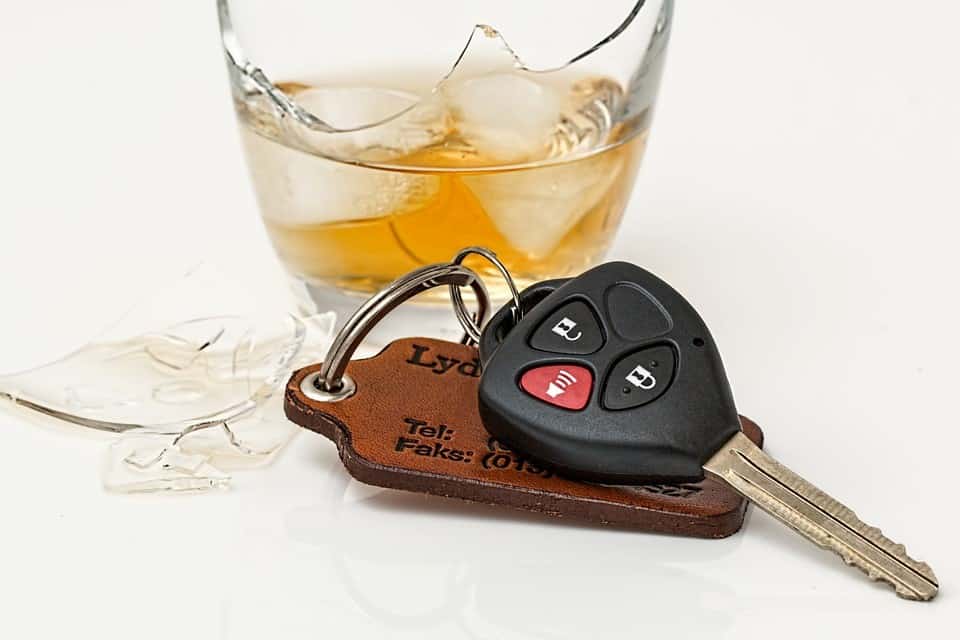Getting pulled over after you have had a few drinks is extremely stressful. This is especially true when you know that if you take a breathalyzer test you are sure to be charged with OUI (Operating Under the Influence).
The situation can be even more stressful if you’re a business owner. After all, so much is at stake. You will likely have serious financial ramifications, for one thing. But also the situation could be costly in other ways, as well. That is, both your personal relationships and your business’s standing in the community could suffer.
RELATED ARTICLE: WHY SMALL BUSINESSES NEED TO TEST THEIR ELECTRONIC EQUIPMENT
Moreover, the police officer could ask you to perform field sobriety tests. Or you could be asked to submit to a blood alcohol concentration test such as a breathalyzer. You may find yourself trying to decide, on the spot, if you should submit to the breath test as the officer suggests. On the other hand, should you refuse to take the test and deal with the consequences once you get to court?
It Is Your Choice
There is no simple answer to this question. Moreover, it truly comes down to your own decision about what is most important to you. However, you must be aware that in Massachusetts, refusing to submit to a breathalyzer test means that your driver’s license will be automatically suspended by the Registry of Motor Vehicles. What’s more, this is something you agree to the moment that you sign your license under the Massachusetts implied consent law, G.L. c. 90, § 24(1)(f)(1).
Even worse, the suspension could end up being longer than it would be if you submitted to the breathalyzer test in the first place. However, whatever the case, you will need to work with a drunk driving attorney. This is the only way to make sure you work toward a favorable outcome.
Consequences for Refusing a Breathalyzer
Like all punishments for OUI, your history of OUI charges and convictions will play a major role in the repercussions you can expect.
For example, first offenders over the age of 21 will automatically have their licenses suspended for six months if they refuse a breathalyzer. Second offenders, or drivers under the age of 21, will have their licenses suspended for three years. Finally, third offenders will have their licenses suspended for five years.
But Wait—It Can Get Worse
Additionally, if an individual has three prior OUI convictions on their record and refuses a breathalyzer test, they will automatically lose their license for life. Moreover, they’ll have no option to apply for a Massachusetts hardship license.
Understanding the penalties that come with this decision are extremely important, especially if you have a history of OUI convictions.
What to Do After Your License Has Been Suspended
If you have refused a breathalyzer test and your license is automatically suspended, you have the option to appeal the suspension within 15 days. However, you must make this appeal in person, at the Boston Registry of Motor Vehicles at the Driver Control Unit. This appeal does not guarantee that you will be able to keep your license. Also, there are limited reasons that you will be able to appeal the suspension.
If your suspension appeal is denied, you will have one opportunity to take your appeal to the District Court. However, you will not be able to introduce any additional evidence. The appeal will be based on the exact information you provided to the RMV during your initial appeal. This means the existing information will simply be reviewed. If you believe that you might have better luck in an appeal, you have 30 days from the initial decision by the RMV to bring this issue to court.
Conclusion
Ultimately, the most important thing you can do is speak with an attorney as soon as possible. Each arrest is different. Moreover, the Massachusetts laws surrounding OUI and the policies the RMV has regarding license suspensions are complex and confusing.
An attorney will be able to take in all of the facts about your breathalyzer refusal and arrest. Then your attorney can determine the most appropriate course of action for your case.

